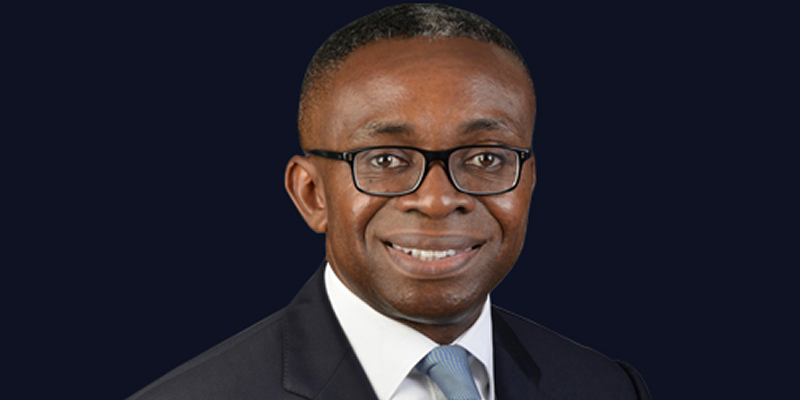Pascal Dozie, a name synonymous with Nigerian entrepreneurship and quiet transformative leadership, passed away on April 8, 2025, a day shy of his 86th birthday. His life, a testament to humility and impactful service, resonated across various sectors, from banking and telecommunications to national economic development. Dozie’s legacy is not one of boisterous pronouncements or self-promotion, but rather a quiet, consistent commitment to empowering others and contributing to the growth of his nation. He embodied the Shakespearean ideal of “calm and peace at the summit,” wielding influence not through forceful assertion but through strategic foresight, deep compassion, and a steadfast dedication to uplifting those around him.
Dozie’s influence extended far beyond his own entrepreneurial ventures. He fostered the development of future leaders through extensive educational philanthropy, sponsoring numerous young Nigerians to pursue education at prestigious institutions like Harvard Business School. This wasn’t a sporadic act of charity, but a deliberate and sustained investment in the future of Nigeria. He recognized the power of education to transform individuals and, in turn, transform the nation. This commitment to nurturing talent reflects his deep-seated belief in the potential of his countrymen and his unwavering desire to contribute to their success.
His journey from humble beginnings in Egbu village, Owerri, to becoming a towering figure in the Nigerian business landscape exemplifies the power of vision, hard work, and integrity. Educated at prestigious institutions in both Nigeria and the United Kingdom, including the London School of Economics and City University, Dozie acquired a strong foundation in economics and operational research. His early career included roles at the National Economic Development Office in the UK, a lectureship at North Western Polytechnic, and a consulting position in Uganda. These experiences broadened his perspective and equipped him with the skills and knowledge that would later shape his entrepreneurial endeavors.
Upon returning to Nigeria at his mother’s behest, Dozie’s career took a pivotal turn. He was recruited by the then-Governor of the Central Bank of Nigeria, Clement Isong, to conduct studies on the Co-operative and Commerce Bank. This experience provided him with invaluable insights into the Nigerian banking sector and laid the groundwork for his future entrepreneurial pursuits. His appointment as Chairman of Progress Bank further solidified his position within the financial landscape. However, it was the founding of Diamond Bank that truly cemented his legacy. Driven by a desire to address the banking challenges faced by traders in South Eastern Nigeria, Dozie established Diamond Bank in 1985, starting with a modest share capital and a small group of shareholders.
The establishment of Diamond Bank was not simply a business venture; it was a mission driven by a deep understanding of the needs of a specific community. Dozie recognized the potential for growth and development within the South Eastern region and sought to empower traders by providing them with access to reliable and efficient banking services. Under his leadership, Diamond Bank flourished, eventually becoming a prominent player in the Nigerian banking sector. He steered the bank through the complexities of the financial landscape, navigating regulatory changes and economic fluctuations with unwavering determination and strategic acumen. His tenure as CEO, spanning from 1991 to 2006, marked a period of significant growth and innovation for the bank.
Beyond his entrepreneurial achievements, Dozie also played a crucial role in shaping national economic policy. As a founding member and former chairman of the Nigeria Economic Summit Group (NESG), he contributed significantly to discussions and recommendations on critical economic issues. His involvement with the NESG underscores his commitment to the overall development of the Nigerian economy and his belief in the power of collaborative efforts to address national challenges. His leadership within this influential group further solidified his reputation as a visionary leader with a deep understanding of the complexities of economic development. His legacy extends beyond the realm of business, encompassing a broader commitment to national progress and prosperity. He also served as the Chairman of MTN Nigeria and former President of the Nigerian Stock Exchange, further demonstrating his wide-ranging influence and commitment to the growth of key sectors in the Nigerian economy.














